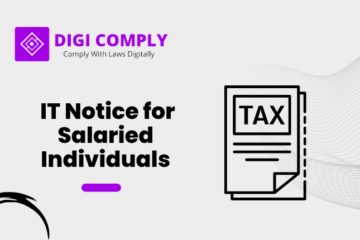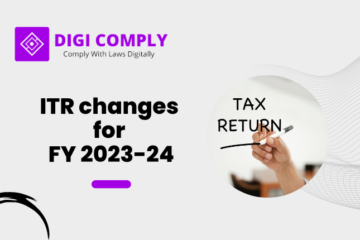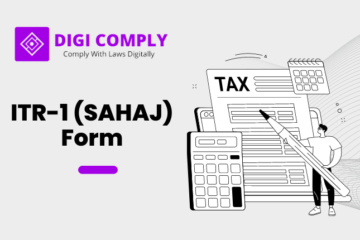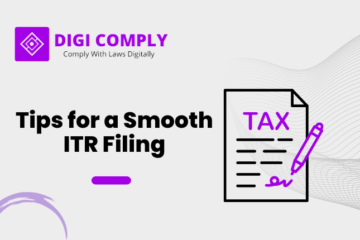In the realm of property transactions within India, a vital directive mandates that a purchaser must enact Tax Deducted at Source (TDS) when acquiring an immovable property exceeding the monetary threshold of Rs. 50 Lakhs. The scope of “immovable property” encompasses structures, segments of structures, and any land excluding agricultural land. This obligation is rooted in Section 194-IA of the Income Tax Act, effective from the 1st of June, 2013, and demands a comprehensive understanding before engaging in any financial dealings with the seller.
To ensure meticulous adherence to TDS on Property Sale, it is imperative to absorb the following essential facets:
– The buyer is required to deduct 1% of the total sale amount as TDS.
– TDS deduction is triggered when the aggregate sale value equals or surpasses Rs. 50 lakh.
– For transactions conducted in installments, TDS is applicable to each installment.
– Ancillary costs linked to immovable property, such as club membership fees, parking charges, and maintenance dues, factor into the TDS calculation.
– This regulation applies to properties acquired on or after the 1st of September, 2019.
– The obligation extends to the entire sale sum, even if multiple buyers or sellers are involved.
– Taxpayer Account Number (TAN) is not a prerequisite; the Permanent Account Number (PAN) suffices for payment.
– Availability of the seller’s PAN is imperative; otherwise, Tax Deducted at Source stands at 20%.
– TDS is to be deducted during the payment process, including staggered payments.
– Subsequent to deduction, Form 26QB must be employed for TDS payment within 30 days.
– Form 16B, denoting TDS deposit, should be furnished to the seller within 10-15 days after deduction.
Filing Form 26QB is obligatory for adherence
- The edict that came into force on the 1st of June, 2013, dictates that purchasers of property are obligated to withhold 1% tax from the sale consideration in relevant transactions.
- This withheld tax must be remitted to the Government Account through electronic tax payment (Netbanking) or authorized bank branches.
- The tax levied under Section 194-IA must be transferred to the Central Government within seven days from the conclusion of the deduction month.
- Crucially, both the seller’s and buyer’s PAN numbers must be incorporated in the online Form 26QB, which serves as a pivotal vessel for transmitting property transaction particulars.
- A crucial portal, accessible via www.tin-nsdl.com (http://www.tin-nsdl.com/), facilitates the exchange of information concerning immovable property sales and TDS disbursements.
- The buyer is tasked with providing the seller with Form 16B, an official document affirming the tax deduction and its remittance to the Government Account.
- To secure Form 16B, individuals can register on the Centralized Processing Cell (TDS) website or seek guidance from our professional team.
Implications of Non/Late Filing of TDS Statements for Property Buyers and Sellers:
For Property Buyers:
– Neglecting Form 26QB punctuality attracts penalties as per Section 234E of the Act.
– A daily fine of Rs. 200 is imposed for each day of non-adherence or delay.
– Late deduction, payment, and interest could subject the buyer to additional penalties, as the Assessing Officer has the authority to levy penalties under Section 271H.
For Property Sellers:
– Failure to promptly file Form 26QB by the seller precludes the possibility of claiming TDS credit.
– Timely remittance of the deducted tax to the Government Account, facilitated through electronic tax payment or authorized bank branches, within seven days from the deduction month’s conclusion (as per section 194-IA) is obligatory.
Consequences for Failing to Fulfill TDS Obligations:
– In the event of failure to deduct TDS, a penalty of 1% per month is levied, computed from the due date of TDS deduction until the actual deduction date.
– For not remitting TDS to the government, a penalty of 1.5% per month is enforced, calculated from the TDS deduction date to the government payment date.
If You have any queries then connect with us at support@legalsuvidha.com or info@digicomply.in & contact us & stay updated with our latest blogs & articles





